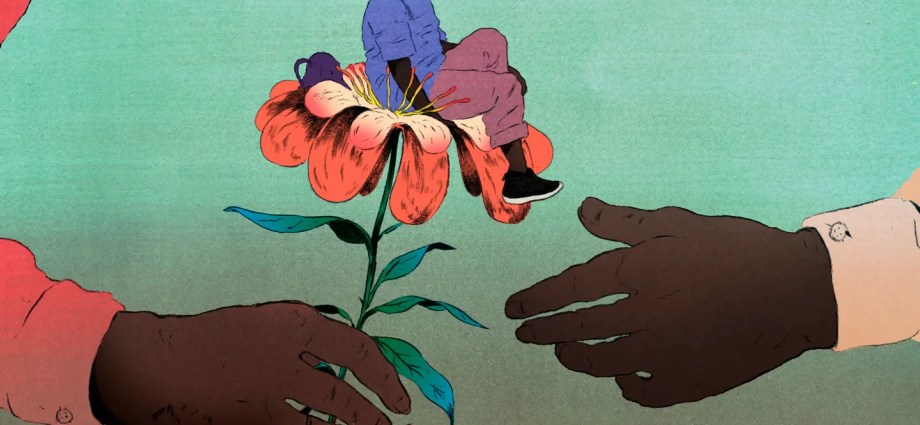Parenting Beyond Borders: The Enduring Role of Uncles and Aunts in Togo
In many parts of the world, the idea of parenting is often narrowly defined by biological ties. But in Togo, a small yet culturally rich nation in West Africa, the concept of family extends far beyond the nuclear unit. Here, uncles and aunts don’t just play supporting roles—they are central figures in the upbringing of the next generation. This tradition, deeply woven into the social fabric, offers a powerful model of collective care and shared responsibility.
A Tradition of Collective Upbringing
In Togolese society, it’s not uncommon for children to be raised by a network of relatives, with uncles and aunts often stepping in as surrogate parents. This practice isn’t seen as unusual or burdensome; rather, it’s a cherished custom that reinforces family bonds and ensures that children grow up surrounded by love, guidance, and diverse perspectives.
Why has this model persisted so strongly in Togo when many Western societies have shifted toward more isolated nuclear family structures? The answer lies in a combination of historical, economic, and cultural factors. For generations, communal living and interdependence have been essential for survival and social cohesion. In rural and urban settings alike, the extended family operates as a safety net—one that catches children when parents are absent, whether due to work, illness, or other circumstances.
More Than Just Relatives: The Roles of Uncles and Aunts
Uncles and aunts in Togo often take on roles that go far beyond occasional babysitting. They are disciplinarians, mentors, confidants, and sometimes even primary caregivers. It’s not unusual for a child to refer to multiple adults as “mother” or “father,” reflecting the depth of these relationships.
This system offers distinct advantages. Children benefit from exposure to different parenting styles and gain additional role models. For parents, knowing that their children are being looked after by trusted family members provides peace of mind and practical support. And for the uncles and aunts themselves, participating in a child’s upbringing is both a responsibility and a privilege—a way to contribute to their family’s legacy and strengthen intergenerational ties.
Cultural Values and Modern Challenges
At the heart of this practice is the African philosophy of Ubuntu, often summarized as “I am because we are.” This worldview emphasizes community, reciprocity, and the idea that an individual’s well-being is tied to the well-being of the group. In Togo, this translates into a shared understanding that raising children is a collective endeavor.
But as Togo modernizes and urbanizes, this tradition faces new challenges. Economic pressures, migration, and changing social norms are testing the resilience of extended family structures. Younger generations, influenced by global culture and pursuing education and careers abroad, may find it harder to maintain these close-knit networks. Yet, many Togolese families are adapting rather than abandoning these values, using technology like video calls and mobile money to stay connected and involved in each other’s lives.
Lessons for the World
What can other societies learn from Togo’s approach to parenting? For one, it highlights the importance of community in child-rearing. In an era where many parents feel isolated and overwhelmed, the Togolese model offers a reminder that it truly does take a village to raise a child.
Moreover, this system fosters resilience. Children who grow up with multiple caring adults tend to have stronger support systems and a greater sense of belonging. And for adults, sharing the responsibilities of parenting can reduce stress and create more balanced lives.
Preserving a Cherished Custom
Despite the forces of change, the role of uncles and aunts as substitute parents remains a vibrant and valued tradition in Togo. Families continue to celebrate this arrangement, seeing it not as a fallback option but as an enrichment of their children’s lives.
As one Togolese uncle put it, “When I help raise my sister’s children, I am not just helping her—I am investing in our family’s future. These children will carry our name, our values, and our stories. Their success is my success.”
This sentiment echoes across generations and borders, offering a powerful testament to the enduring strength of family—in all its forms.
Source: Le Monde


